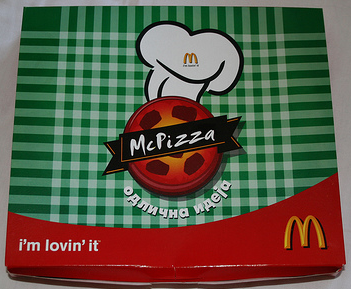Eating healthy on a budget can feel like a real challenge, especially with all the myths floating around. You’ve probably heard that healthy food is too expensive or that it takes too much time to prepare. But let’s be real—these are just misconceptions that can hold you back. In this article, we’re going to bust some of the most common myths about eating healthy on a budget, showing you that it’s not only possible but also simpler than you might think. No need for fancy words or complicated plans—just straightforward tips and facts that can make a difference in your everyday life.
Contents
- 1 Eating Healthy is Always Expensive
- 2 Fresh Produce is the Only Healthy Option
- 3 You Have to Buy Organic to Eat Healthy
- 4 Healthy Eating Means Giving Up All Snacks
- 5 Healthy Foods Are Less Satisfying
- 6 You Need Superfoods to Eat Healthy
- 7 Meal Prep is Time-Consuming and Expensive
- 8 Healthy Eating Requires Cutting Out Entire Food Groups
- 9 Healthy Food is Bland and Unappealing
- 10 Eating Healthy is Too Complicated
- 11 Healthy Eating Requires Expensive Supplements
- 12 You Can’t Eat Out and Stay Healthy on a Budget
- 13 Convenience Foods Are Cheaper Than Cooking from Scratch
- 14 Healthy Eating is Only for People with Dietary Restrictions
- 15 Low-Cost Foods Are Always Unhealthy
- 16 More From RetailShout
- 17 15 Stylish Target Finds That Look Way Beyond Their Price
- 18 10 November Food and Drink Pairings for Every Fall Occasion
Eating Healthy is Always Expensive

Contrary to popular belief, eating healthy doesn’t have to break the bank. With proper planning and a focus on whole, unprocessed foods, it can be more economical than indulging in convenience foods. Buying in bulk, choosing seasonal produce, and cooking at home are key strategies. Many low-cost foods, like beans, rice, and frozen vegetables, are both nutritious and budget-friendly. Additionally, meal planning can reduce waste and save money in the long run. This myth is debunked by numerous sources, including the Mayo Clinic and other health experts.
Fresh Produce is the Only Healthy Option
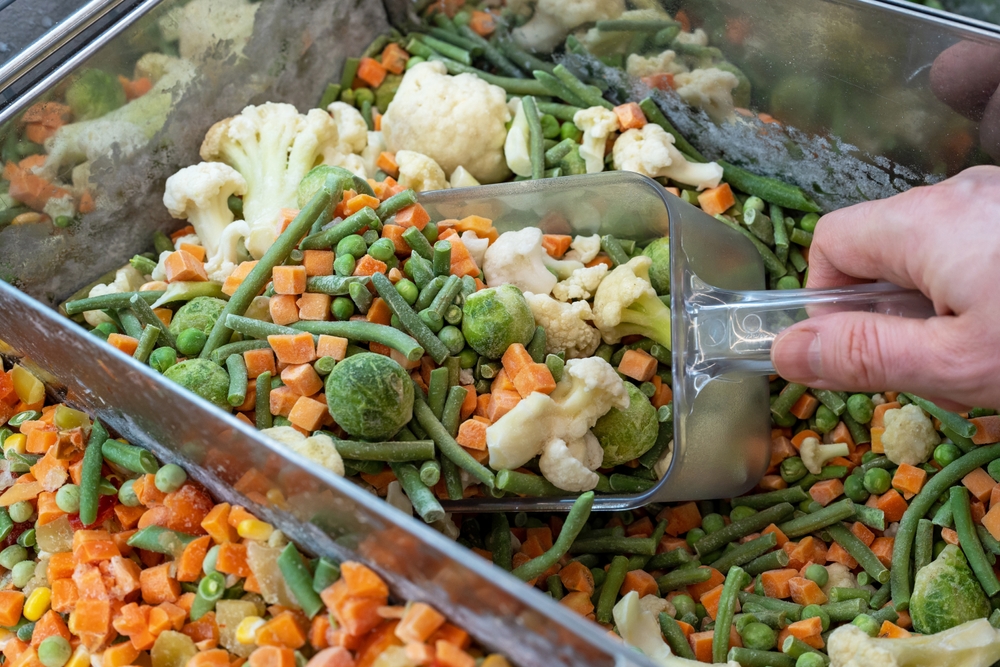
While fresh produce is often touted as the healthiest choice, frozen and canned fruits and vegetables can be just as nutritious. These options are typically more affordable and have a longer shelf life, reducing food waste. Frozen produce is usually flash-frozen at peak ripeness, locking in nutrients. Canned options can be high in sodium or sugar, but choosing no-added-salt or no-sugar-added varieties can mitigate this. Many health organizations, including the Mayo Clinic, emphasize that these alternatives are viable for those on a budget.
You Have to Buy Organic to Eat Healthy

Organic foods are often perceived as healthier, but conventional produce can be just as nutritious. The nutritional difference between organic and non-organic foods is minimal. Washing fruits and vegetables thoroughly can remove most pesticide residues. Moreover, organic foods tend to be more expensive, which can deter those on a tight budget. Instead of focusing solely on organic, prioritize consuming a variety of fruits and vegetables, regardless of whether they are organic or not.
Healthy Eating Means Giving Up All Snacks

Snacking doesn’t have to be unhealthy or expensive. Opting for budget-friendly snacks like fruits, vegetables, nuts, and yogurt can keep you satisfied between meals without compromising your health. Homemade snacks, such as roasted chickpeas or air-popped popcorn, are also cost-effective and nutritious. Avoiding processed snacks loaded with sugar and unhealthy fats is key. Snacking smartly can actually support a healthy diet, rather than detract from it.
Healthy Foods Are Less Satisfying

There’s a misconception that healthy foods won’t keep you full, leading to more frequent eating and higher costs. In reality, nutrient-dense foods like whole grains, lean proteins, and healthy fats are more satiating than processed foods. These foods provide steady energy and reduce the likelihood of overeating. For example, a balanced meal with protein, fiber, and healthy fats can keep you satisfied longer than a meal high in refined carbohydrates. This debunks the myth that healthy eating leaves you hungry.
You Need Superfoods to Eat Healthy
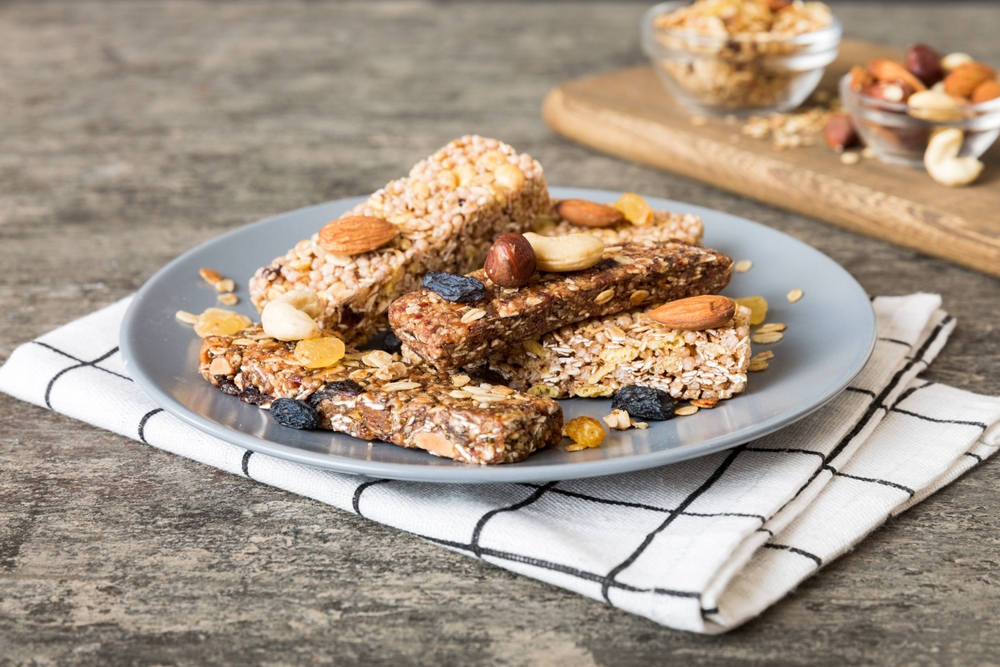
Superfoods like quinoa, chia seeds, and acai berries are often marketed as essential for a healthy diet, but they can be expensive. However, more affordable staples like oats, beans, and bananas offer similar nutritional benefits. These everyday foods provide fiber, vitamins, and minerals without the hefty price tag. Eating a balanced diet with a variety of affordable foods can be just as beneficial as one filled with trendy superfoods. Focusing on whole, unprocessed foods is key to maintaining both health and budget.
Meal Prep is Time-Consuming and Expensive

Meal prepping can actually save time and money in the long run. By preparing meals in advance, you can avoid the temptation of eating out or buying expensive, convenience foods. Buying ingredients in bulk and preparing large batches of food can reduce costs. Additionally, meal prep allows for better portion control and reduces food waste. With a bit of planning, meal prep can be an efficient and economical way to eat healthily on a budget.
Healthy Eating Requires Cutting Out Entire Food Groups

Eliminating entire food groups is not necessary for healthy eating and can even be detrimental to your health. Instead, focus on moderation and balance. For example, carbohydrates are often vilified, but they are an essential part of a balanced diet. Whole grains, fruits, and vegetables provide important nutrients and energy. Rather than cutting out food groups, choose nutrient-dense options within each group. This approach supports both health and budget-conscious eating.
Healthy Food is Bland and Unappealing
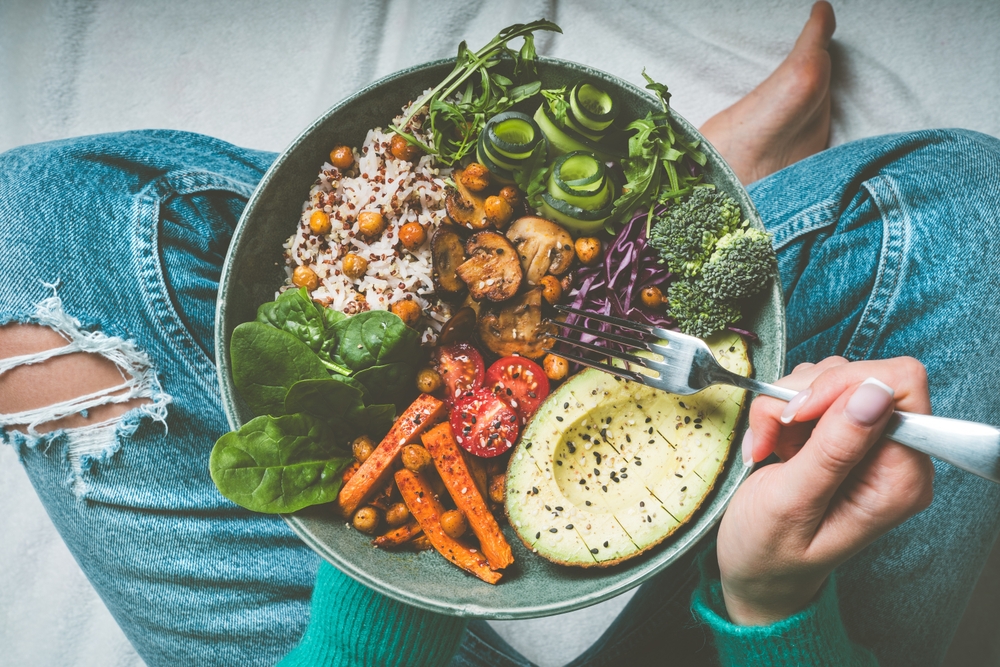
Healthy food doesn’t have to be boring or tasteless. With the right spices and cooking techniques, nutritious meals can be full of flavor. Experimenting with herbs, spices, and different cooking methods can make healthy eating exciting. For example, roasting vegetables with olive oil and herbs can bring out their natural sweetness and create a satisfying dish. By exploring different cuisines and recipes, you can discover how delicious healthy eating can be without adding significant cost.
Eating Healthy is Too Complicated

Healthy eating is often perceived as complicated, requiring special knowledge or expensive ingredients. In reality, simple, whole foods can form the basis of a healthy diet. Focus on eating a variety of fruits, vegetables, whole grains, lean proteins, and healthy fats. Avoiding highly processed foods and cooking at home can make healthy eating more straightforward. Resources like the Mayo Clinic provide easy-to-follow guidelines for a balanced diet that is both simple and affordable.
Healthy Eating Requires Expensive Supplements

Many people believe that supplements are necessary for a healthy diet, but most nutrients can be obtained from whole foods. Supplements can be costly and are often unnecessary if you have a balanced diet. For example, you can get calcium from dairy products, vitamin C from fruits and vegetables, and iron from lean meats and beans. Consulting with a healthcare provider can help determine if supplements are needed, but for most people, a varied diet is sufficient.
You Can’t Eat Out and Stay Healthy on a Budget

It’s possible to eat out occasionally and still maintain a healthy diet on a budget. Many restaurants offer healthy options, and by choosing wisely, you can enjoy a meal out without compromising your health goals. Look for dishes that are grilled, steamed, or baked, and avoid those that are fried or covered in heavy sauces. Additionally, consider sharing a meal or ordering a smaller portion to save money. With careful choices, eating out can be both healthy and budget-friendly.
Convenience Foods Are Cheaper Than Cooking from Scratch
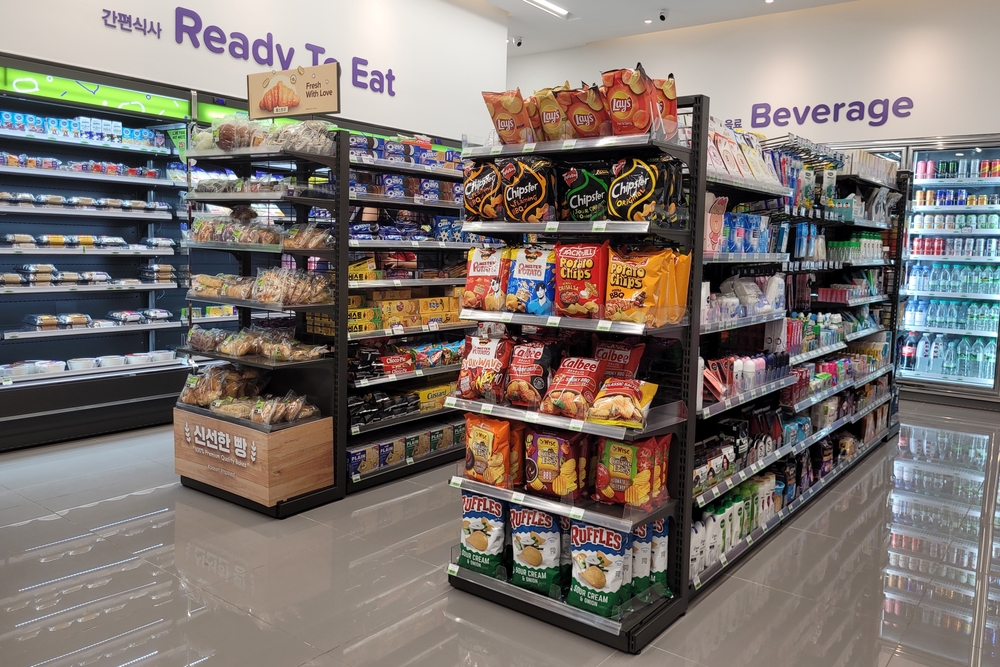
While convenience foods may seem cheaper upfront, cooking from scratch is often more economical in the long term. Preparing meals at home allows you to control the ingredients, portion sizes, and overall cost. For example, a homemade soup made from fresh vegetables and beans is not only healthier but also more cost-effective than buying canned soup. Over time, the savings from cooking at home add up, debunking the myth that convenience foods are the cheaper option.
Healthy Eating is Only for People with Dietary Restrictions

Healthy eating is not exclusive to those with specific dietary needs or restrictions. Everyone can benefit from a balanced diet rich in fruits, vegetables, whole grains, and lean proteins. Even without dietary restrictions, making healthier choices can improve overall well-being. Simple swaps, like choosing whole grains over refined grains or opting for lean proteins, can make a significant difference. Healthy eating is accessible to everyone, regardless of dietary needs or budget.
Low-Cost Foods Are Always Unhealthy

There’s a common belief that low-cost foods are synonymous with unhealthy choices, but many affordable foods are nutrient-dense and beneficial for your health. Staples like eggs, beans, whole grains, and seasonal vegetables are not only inexpensive but also packed with essential nutrients. By focusing on these affordable options, you can create a nutritious and balanced diet without overspending. This myth is widely debunked by nutrition experts who advocate for smart shopping and meal planning.
This article originally appeared on RetailShout.
More From RetailShout
ALDI’s 15 Sneak Peek Finds for the Week of 11/13/24 – 11/19/24

ALDI’s got some awesome finds lined up this week, perfect for getting ready for the holiday season. From cozy decor to gadgets that make life easier, there’s something for everyone in the lineup. Read More.

It’s amazing how Target manages to offer such stylish pieces that don’t break the bank. From home décor to trendy outfits, Target is full of hidden gems that look way more expensive than they are. Read More.

Fall is the perfect time to enjoy comforting meals paired with seasonal drinks that enhance the flavors of the season. From cozy dinners to festive gatherings, the right food and drink pairing can elevate your fall experience. Read More.


